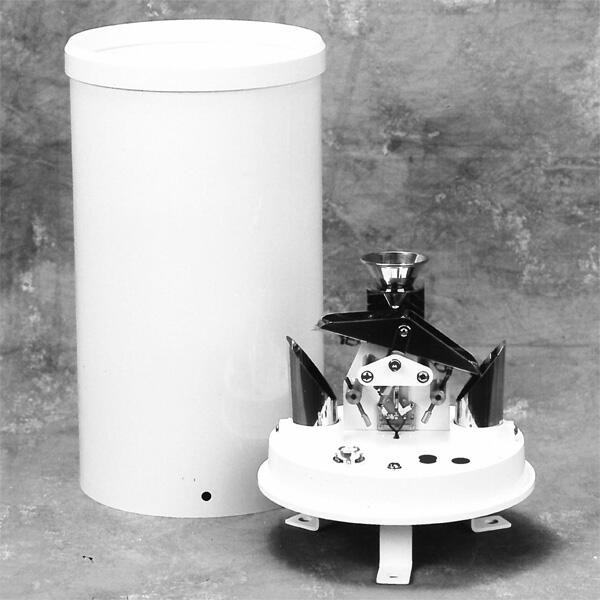Baby Diaper Material Manufacturers: Key Players in the Industry
# Baby Diaper Material Manufacturers: Key Players in the Industry
The baby diaper industry has seen significant growth over the years, driven by increasing demand for high-quality, comfortable, and eco-friendly products. At the heart of this industry are the Baby Diaper Material Manufacturers, who play a crucial role in ensuring the production of safe and effective diapers for infants. These manufacturers provide the essential materials that make up the core components of baby diapers, such as absorbent cores, back sheets, top sheets, and elastic components.
## The Importance of Quality Materials in Baby Diapers
Quality materials are paramount in the production of baby diapers. Parents rely on diapers to keep their babies dry, comfortable, and free from irritation. The materials used must be soft, hypoallergenic, and highly absorbent to prevent leaks and rashes. Baby Diaper Material Manufacturers are responsible for sourcing and producing these materials, ensuring they meet stringent safety and quality standards.
### Key Materials Used in Baby Diapers
Several key materials are used in the production of baby diapers:
– **Absorbent Core:** Typically made from superabsorbent polymers (SAP) and fluff pulp, the absorbent core is the most critical component of a diaper. It is responsible for locking in moisture and keeping the baby dry.
– **Top Sheet:** The top sheet is the layer that comes into direct contact with the baby’s skin. It is usually made from non-woven fabrics that are soft, breathable, and quick-drying.
– **Back Sheet:** The back sheet is the outer layer of the diaper, designed to prevent leaks. It is often made from polyethylene or other waterproof materials.
– **Elastic Components:** Elastic materials are used around the leg cuffs and waistband to ensure a snug fit and prevent leaks.
## Leading Baby Diaper Material Manufacturers
Several companies have established themselves as leaders in the production of baby diaper materials. These manufacturers are known for their innovation, quality, and commitment to sustainability.
### 1. **Berry Global**
Berry Global is a prominent player in the baby diaper material industry, offering a wide range of materials, including non-woven fabrics and elastic components. The company is known for its focus on sustainability, producing eco-friendly materials that reduce the environmental impact of disposable diapers.
### 2. **Kimberly-Clark**
Kimberly-Clark is a well-known name in the baby care industry, producing high-quality materials for some of the most popular diaper brands. The company’s materials are designed to provide superior comfort and absorbency, ensuring that babies stay dry and comfortable.
### 3. **Fitesa**
Fitesa specializes in the production of non-woven fabrics used in baby diapers. The company is recognized for its innovative approach to material development, creating fabrics that are not only soft and comfortable but also highly durable and absorbent.
### 4. **Avgol Nonwovens**
Avgol Nonwovens is a leading manufacturer of non-woven materials for the hygiene industry, including baby diapers. The company is committed to sustainability, using advanced technologies to produce materials that are both high-performing and environmentally friendly.
## The Future of Baby Diaper Materials
As the demand for eco-friendly and sustainable products continues to grow, Baby Diaper Material Manufacturers are increasingly focusing on developing materials that are biodegradable, compostable, and made from renewable resources. Innovations in material science are paving the way for diapers that are not only effective but also kinder to the environment.
In conclusion, Baby Diaper Material Manufacturers are key players in the baby care industry, providing the essential materials that ensure the comfort, safety, and well-being of infants. As the industry evolves, these manufacturers will continue to play a vital role in driving innovation and sustainability in baby diaper production.
Keyword: Baby Diaper Material Manufacturers
